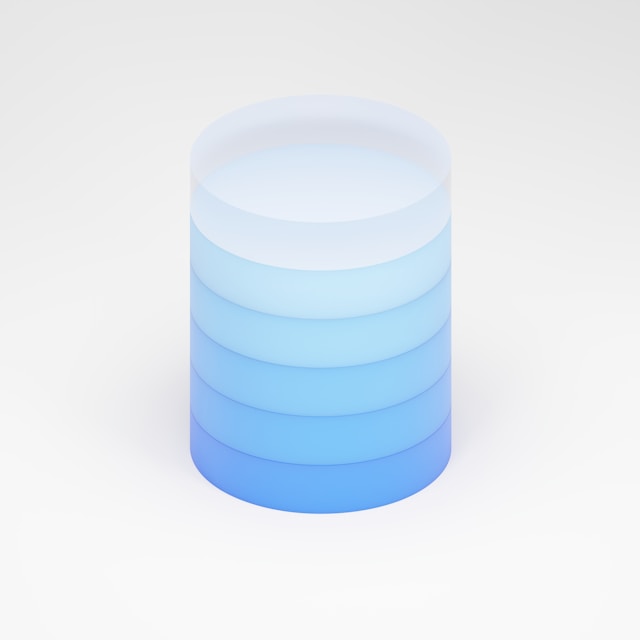
Exploring Database Solutions: The Power of SQL Databases
In the ever-evolving world of data management, SQL databases have stood the test of time as a reliable, efficient, and powerful solution for storing and managing structured data. From small businesses to enterprise-level applications, SQL databases offer a range of features that make them a preferred choice for many developers and organizations. In this post, we'll explore the core concepts, benefits, and popular SQL database solutions available today.
What are SQL Databases?
SQL (Structured Query Language) databases are a type of relational database management system (RDBMS) that use SQL as their primary language for managing and querying data. In an SQL database, data is organized into tables, which consist of rows and columns. Each table represents a specific entity (e.g., customers, orders, products), and relationships between tables are established through keys (primary and foreign keys).
Key Benefits of SQL Databases
- Data Integrity: SQL databases enforce data integrity through constraints like primary keys, foreign keys, and unique constraints, ensuring that the data remains accurate and consistent.
- Structured Data: SQL databases are ideal for applications where data is highly structured and relationships between data entities are well-defined.
- ACID Compliance: SQL databases adhere to ACID (Atomicity, Consistency, Isolation, Durability) principles, which guarantee reliable transactions and data consistency, even in the event of failures.
- Scalability: While traditionally seen as less scalable than NoSQL databases, modern SQL databases have advanced significantly and can handle large volumes of data and high transaction rates.
- Standardization: SQL is a standardized language supported by many database management systems, making it easier to switch between different platforms if needed.
Popular SQL Database Solutions
There are several SQL database solutions available today, each with its own strengths and use cases. Here are some of the most popular ones:
1. MySQL
MySQL is one of the most widely used open-source relational database management systems. Known for its performance, reliability, and ease of use, MySQL is a popular choice for web applications, including WordPress, Drupal, and many others. It supports a wide range of storage engines, offering flexibility in handling different types of data.
2. PostgreSQL
PostgreSQL, often referred to as "Postgres," is a powerful, open-source object-relational database system known for its robustness, extensibility, and standards compliance. It supports advanced data types and operations, making it ideal for complex applications that require custom functionality. Postgres is also highly scalable and can handle large datasets efficiently.
3. Microsoft SQL Server
Microsoft SQL Server is a commercial RDBMS developed by Microsoft. It is known for its comprehensive set of tools and features, including business intelligence, data warehousing, and analytics capabilities. SQL Server integrates well with other Microsoft products, making it a preferred choice for organizations already using the Microsoft ecosystem.
4. Oracle Database
Oracle Database is a high-performance, enterprise-grade RDBMS known for its scalability, security, and robust feature set. It is widely used in large-scale applications, particularly in industries like finance, healthcare, and telecommunications. Oracle's advanced features, such as Real Application Clusters (RAC) and Autonomous Database, provide unparalleled performance and availability.
Choosing the Right SQL Database
Selecting the right SQL database depends on your specific use case, requirements, and existing infrastructure. Factors like data volume, complexity, performance needs, and budget will influence your choice. It's also essential to consider the level of community support, documentation, and the availability of skilled professionals for the database you choose.
Conclusion
SQL databases continue to be a cornerstone of modern data management, offering reliability, consistency, and flexibility. Whether you're building a simple web application or a complex enterprise system, SQL databases provide the tools and capabilities needed to manage your data effectively. By understanding the strengths and use cases of different SQL solutions, you can make an informed decision that aligns with your project's goals and requirements.